Haykin Family Ciders Elevates Apples
In the rapidly-expanding cider market, Denver’s Haykin Family Ciders offers a fresh take on the beverage with its unique philosophy and focus. Haykin, owned by husband and wife Daniel and Talia Haykin, puts a premium on using boutique apples to make premium ciders that compete for space on the menus of prestigious restaurants.
Apples Come in Many Flavors
While many cideries focus on various fruits and blending, Haykin Family Ciders prides itself on showcasing the spectrum of flavors possible from apples in its single-varietal ciders. Daniel shares his philosophy on cider-making, “Apples are radically different from each other just like grapes are. Each one is a totally different beverage. It’s really kind of thought-provoking and fun. I love to showcase how different, different apples are.”
The Haykins started as home cider-makers after being exposed to interesting varietals that their cider-loving friends would share with them. They began seeking out new and interesting products on their own until, “one day Dan says to me ‘I think I can make this,’” explains Talia.
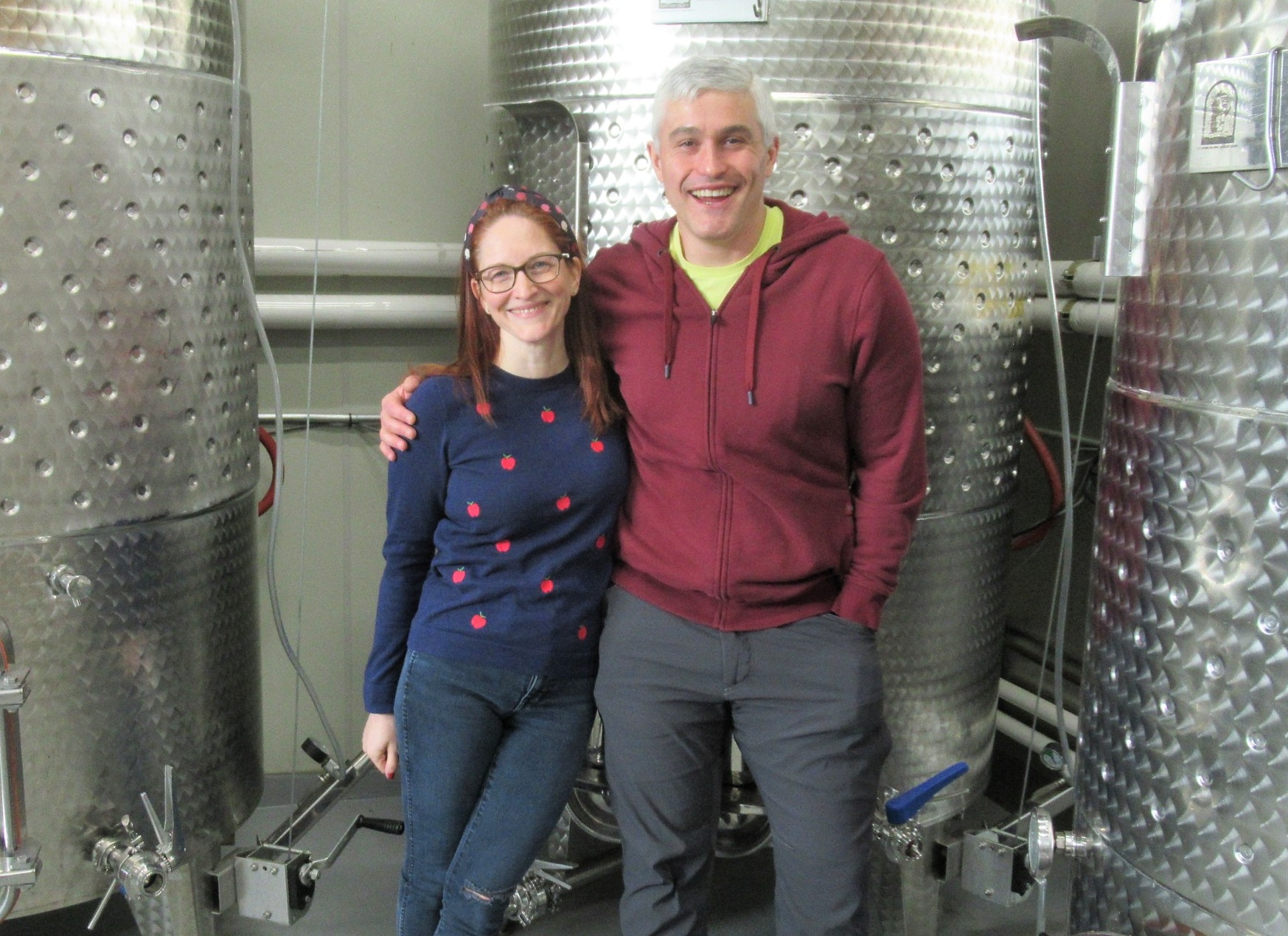
Beer… or Wine?
At the start, Daniel turned to homebrew resources, yet struggled to make desirable cider — until he had an epiphany that has driven the business ever since. “Ultimately it’s fruit juice and yeast. If that’s a grape it’s wine,” says Daniel. “My thought process was ‘why should I change that mindset if it’s an apple.’ As soon as I dropped the recommendations on homebrew sites and started reading winemaking literature it was helpful and kind of addictive.”
Daniel has honed his approach over the past ten years, moving beyond his disappointing initial efforts to win numerous amateur and commercial medals at the largest cider competitions. These include Massachusetts’ Franklin County Cider Days and England’s Bath & West International Cider Championships.
More Time = More Flavor
Haykin generally follows the traditional cider-making process, although with longer timeframes to tease out the nuances of each apple variety. He starts by “sweating” the apples—letting them sit and gain character after harvest — then pressing them in the cidery’s own converted wine press.
After a yeast addition, the juice undergoes a three-to-six-month fermentation in stainless steel tanks. Daniel keeps the temperature at 45-60 degrees for a slow fermentation. “Faster fermentation will tend to wipe out nuance. What I want in my ciders are the subtleties of flavor,” he says.
Next, the cider ages another three months in the tank before being bottled and cellared for nine-to-12 months. It’s then ready to serve or can be aged for years. Haykin also makes ciders using the French méthode champenoise, which involves a labor-intensive process that initiates a secondary fermentation in the bottle.
Bucking Conventional Wisdom
While the steps of Haykin’s process are fairly standard, it’s the cidery’s focus on quality and detail — in both inputs and outputs — that sets it apart. In many ways Haykin goes against conventional wisdom both in production and marketing.
From the beginning, the Haykins chose to focus on crafting high-end ciders that could compete with wines on the menus of exclusive restaurants. This contrasts with typical mass-market, uncomplicated ciders sold in bars and liquor stores.
Talia says the initial concept was, “This is what we enjoy drinking and as long as we stick to what we enjoy we think we’re going to do well. We committed to just being who we are and not trying be anybody else, and that has worked for us.”
Daniel adds, “The agreement among the two of us was ‘if we’re going to do this, we’re going to do something the best we can. We’re going to do something that looking back we can say we’re really proud of the quality in what we made.’”
Cider the Haykin Way
For ingredients, Haykin connects with small family farmers in Colorado, Washington, Oregon and Michigan to source unique and heirloom apple varieties. Then, in contrast to the Old-World tradition of blending juices, Haykin creates single-varietal ciders reminiscent of wines
Daniel is adamant about blazing a new trail, similar to the way New-World wineries broke from the European blending tradition. “We’re not looking to compete with the market; we’re looking to offer something brand new,” he says. However Daniel occasionally makes an exception to the single-varietal rule when he wants to showcase a particular orchard with a compelling story.
Say No to Adjuncts
Likewise, Daniel holds tight to his “fruit juice + yeast” method and is steadfast in his refusal to use adjuncts. “No, never ever, ever, ever!,” Daniel emphasizes. “Apples neither need nor do they benefit from the distraction of other stuff on top of them.”
The Haykins believe that apples alone can offer a broad range of flavors based on the skill of the farmer and the cider-maker, along with a little luck from each vintage’s weather. Says Talia, “When you can pull pineapple flavors, melon flavors from an apple isn’t that cool?”
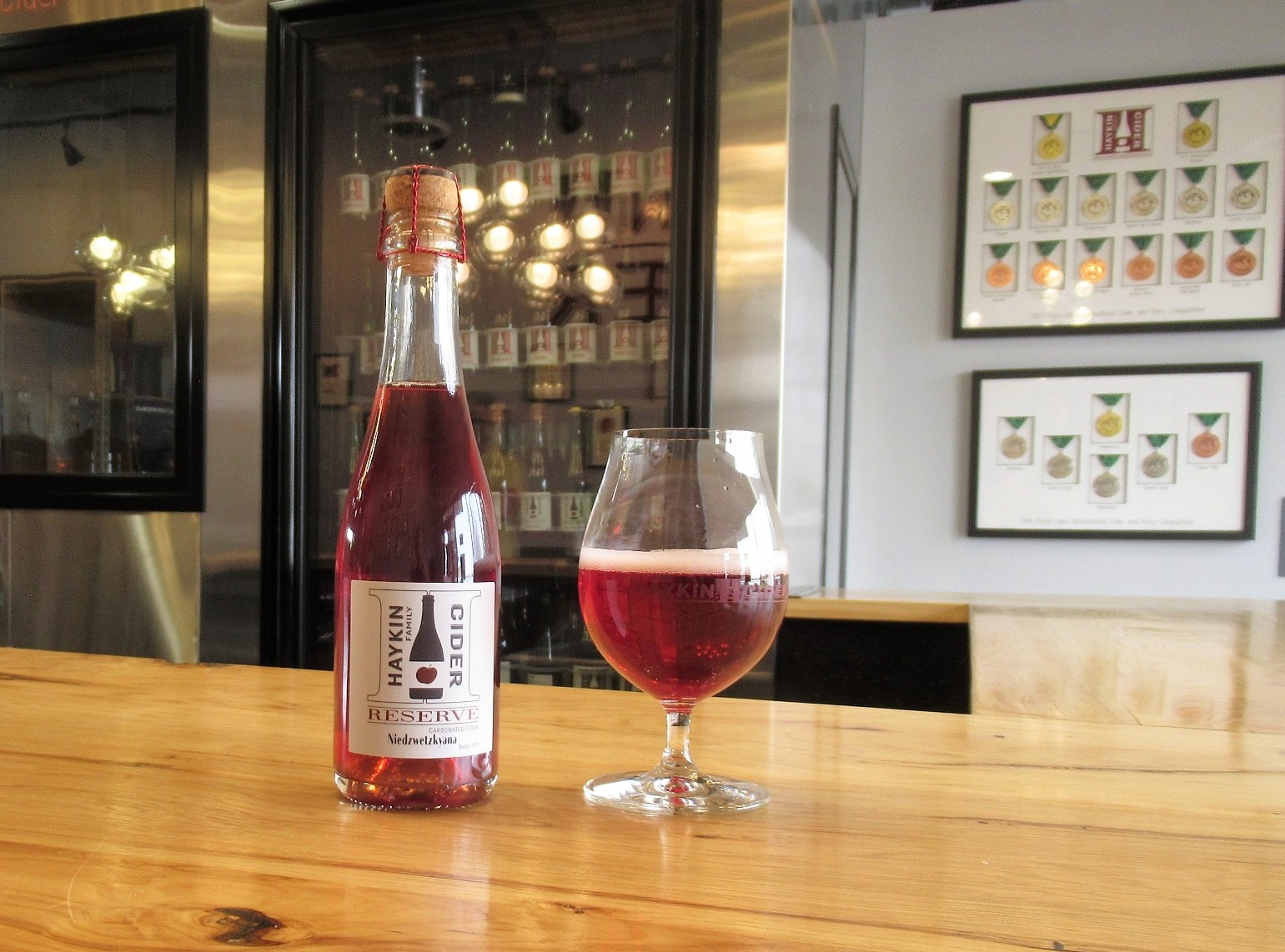
Broad Spectrum of Flavors
For first-time taproom visitors, getting a flight is essential to experience the full range of possibilities that Haykin Family Ciders creates. These range from the light Golden Russet, which has a tropical and grapefruit nose but guava and honeysuckle flavors, to the Kingston Black, which offers deeper and darker flavors like leather, smoke and oak. All of Haykin ciders are served sparkling.
Haykin Family Ciders takes the High End
As for market positioning, the Haykins welcome the fact that cider has expanded to the point where complex, high-end offerings have broad appeal. They appreciate that mass-market ciders introduce the beverage to drinkers, some of whom choose to explore the product further. “Just the same way that our friends brought us cider and we started looking for new things up the food chain,” says Talia.
Driven by a Passion for Innovation
Despite the success that they’ve had with their existing offerings, the couple retains the passion for innovation that brought them into the business. “Among the things we never we want to be is we never want to be boring,” says Daniel, adding, “Monotony is an enemy of this business.”
To that end, the cidery maintains a robust R&D program, the results of which sometimes take years to pay off. Daniel explains that every year the business evolves as he learns new techniques and tries different experiments. Whatever changes may come, “the part that’s predictable is quality,” he says.
Crabapple Cider & Other Experiments
One of the more interesting and rewarding experiments that the Haykins have undertaken is making cider from locally foraged crabapples. Daniel delights in crafting a deliciously fruity and floral cider from an unappreciated ingredient. As he puts it, “These are the utterly forgotten fruit.” The Haykins forage for crabapples as well as regular apples at abandoned and neglected orchards they encounter, as well as directly from homeowners’ yards.
As part of the cidery’s evolution, the Haykins will soon be bringing in barrels to try their hand at dessert ciders, similar to port wine. Additionally, the couple is considering starting their own orchard at some point because, according to Talia, Colorado is an excellent region for apple-growing.
Whatever directions the couple move in, two things are clear: Haykin Family Ciders’ endeavors will always be top-quality, and they’ll never be boring.
Featured image courtesy of Scott Grossman.


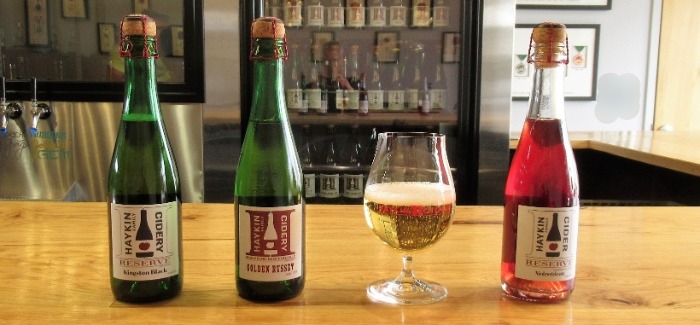

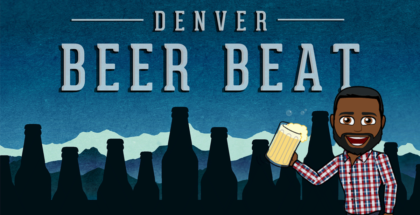
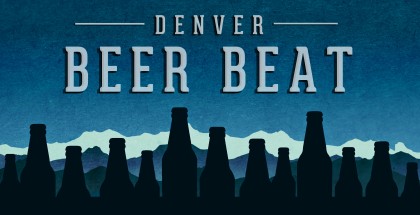
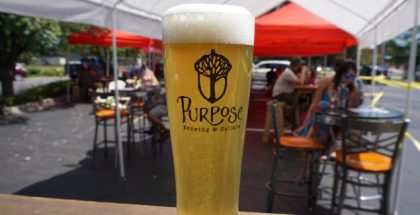

Submit a Comment